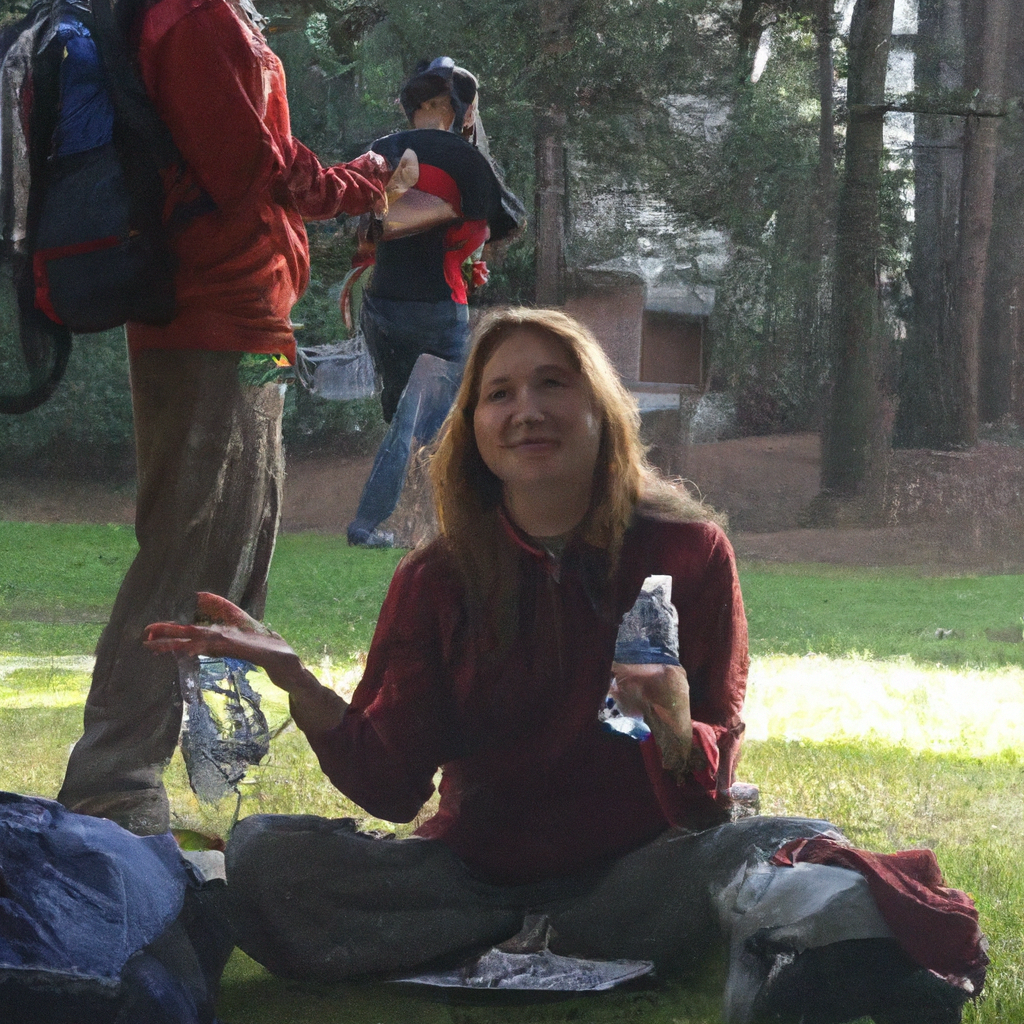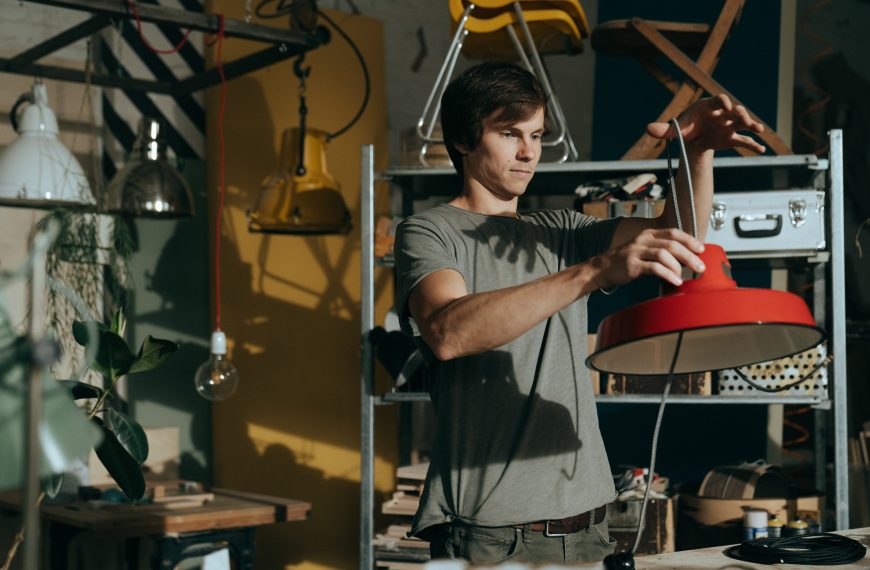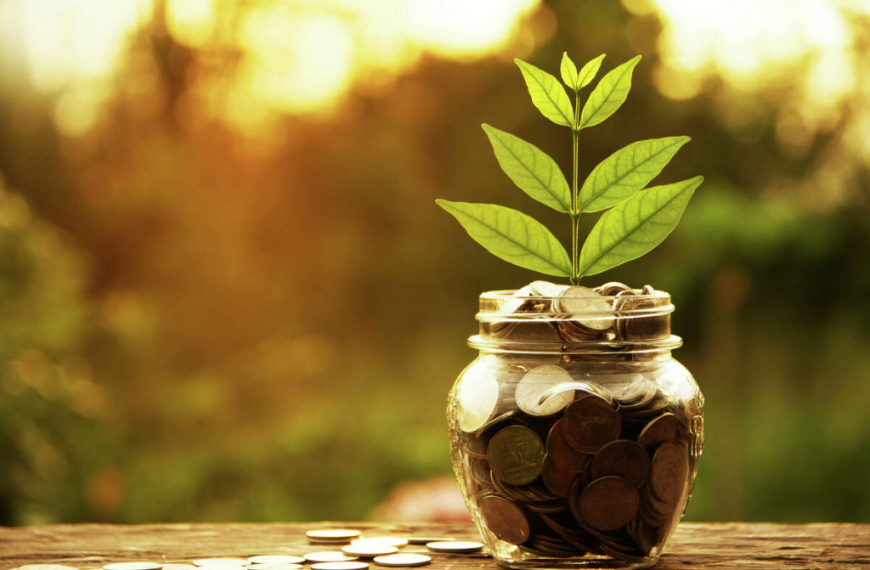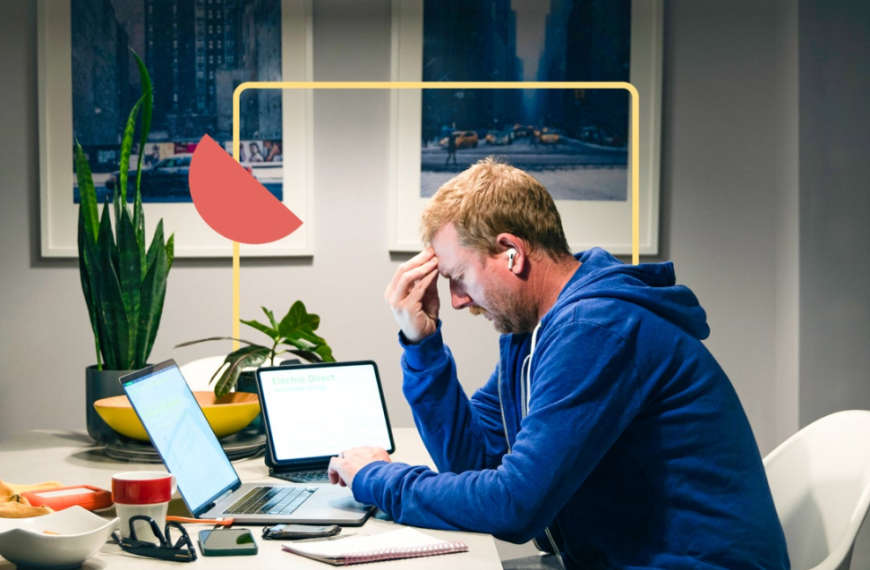In today’s society, the incessant barrage of marketing campaigns and ever-shifting trends has allowed consumerism to weave itself deeply into our lives. However, a counter-current is steadily gaining momentum, challenging the notion that possession equals contentment. This emerging movement encourages individuals to resist the siren call of consumerism and instead embrace a lifestyle centered around frugality, leading to heightened fulfillment, reduced stress, and positive impacts on personal finances and the environment.
Understanding the Grip of Consumerism
Consumerism is often defined as the pursuit of accumulating goods and services. This culture is perpetuated by constant exposure to advertisements, the endorsement of new products by social media influencers, and societal pressures to constantly upgrade our belongings. Yet, research consistently demonstrates that happiness is not intrinsically linked to material possessions. The initial thrill of acquiring items fades quickly, leaving behind an emptiness that fuels more consumption.
The Advantages of Embracing Frugality
Frugality is not synonymous with deprivation; it involves making deliberate choices to lead a more purposeful life. Embracing this lifestyle entails distinguishing between our needs and wants, making mindful purchase decisions, and placing greater value on experiences over material possessions. This shift in mindset empowers us to break free from the cycle of consumerism and find contentment in appreciating what we already have, discovering joy in life’s simple pleasures.
Financial Freedom
Consumerism often leads to indebtedness as we chase after the latest gadgets, fashion trends, and opulent lifestyles. By adopting a frugal approach, we can escape this cycle, prioritize saving, and work towards achieving financial independence. This newfound freedom not only offers peace of mind but also opens doors to pursuing passions and meaningful experiences.
Reduced Stress
The relentless pursuit of more can result in heightened stress and anxiety. Juggling credit card bills, loan repayments, and the pressure to maintain a certain standard of living can take a toll on our well-being. Embracing frugality promotes simplicity and manageability in our lives, reducing stress and allowing us to focus on the sources of genuine happiness.
Environmental Impact
Consumerism contributes to production waste and environmental degradation. However, by resisting consumerist tendencies and making intentional choices, we can significantly lessen our ecological footprint. Opting for quality over quantity, embracing reusable items, and adopting a sustainable lifestyle all contribute to creating a healthier planet for future generations.
Enhanced Well-Being
Research indicates that experiences contribute more significantly to lasting happiness than material possessions. Prioritizing experiences over mere acquisition enables us to create cherished memories, forge connections with others, and lead more enriching lives. Embracing frugality encourages individuals to invest in activities that nurture their overall well-being.
Cultivating Gratitude
Embracing a frugal lifestyle fosters a sense of gratitude for our possessions. By reducing excess and appreciating the value of what we own, we develop a deeper sense of gratitude that ultimately enhances our overall life satisfaction.
Practical Steps Towards Frugality
- Budgeting: Crafting a budget is a pivotal step towards intentional living. By meticulously tracking income and expenditures, individuals gain insight into where their money is allocated and can identify areas for cutbacks.
- Thoughtful Spending: Before making a purchase, pause to evaluate whether the item is genuinely necessary or merely an impulsive desire. Delaying gratification and making thoughtful choices can help deter unnecessary spending.
- Embracing Minimalism: Minimalism involves curating possessions to retain only those that truly bring value and joy to life. Streamlining spaces and letting go of excess can be liberating, reinforcing the notion that less is indeed more.
- Secondhand Shopping: Opt for secondhand or pre-owned items whenever possible. Thrift stores, online marketplaces, and local exchanges offer a variety of high-quality goods at more affordable prices.
- Engage in DIY Projects: Upcycling old possessions not only saves money but also encourages creativity while minimizing waste.
- Prioritize Experiences: Instead of focusing solely on material possessions, allocate resources towards experiences such as travel, workshops, or activities that align with personal interests.
- Practice Gratitude: Regularly take time to acknowledge and appreciate the things that bring happiness, whether they are possessions, relationships, or experiences. Cultivating gratitude reinforces the principles of intentional living.
Choosing Intention over Consumerism
Opting to resist consumerism and embrace frugality is a conscious decision that can lead to a life of depth and fulfillment. By shifting our focus from possessions to experiences, relationships, and personal growth, we can break free from the cycle of consumerism and unearth the genuine value of living with purpose. As more individuals join this movement, the societal definitions of success and happiness can evolve, promoting well-being, sustainability, and the creation of a more harmonious world for all.









